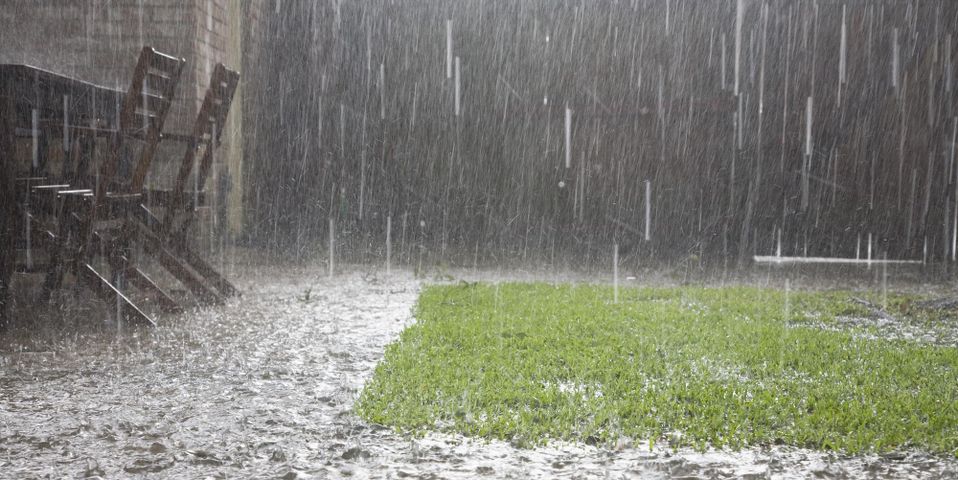How Heavy Rain Affects Your Septic System

Even though your septic tank is buried underground, it could still be affected by heavy precipitation. If you’re noticing drainage issues in your home, your tank may be flooded. Consult this guide to learn how significant rainfall can affect your system and what you can do about it.
How Can Rain Affect a Septic Tank?
When rain accumulates quickly, it causes the ground to become saturated with moisture. Under normal circumstances, your tank collects wastewater from the home and separates liquids from solids. The fluids exit the system and enter the drain field.
 However, when the ground is already saturated, it can no longer accommodate wastewater. Without anywhere else to go, septic water may rise to the ground’s surface or flood the tank, ultimately backing up into your pipes. When this occurs, you could notice slow drainage and toilet flushing.
However, when the ground is already saturated, it can no longer accommodate wastewater. Without anywhere else to go, septic water may rise to the ground’s surface or flood the tank, ultimately backing up into your pipes. When this occurs, you could notice slow drainage and toilet flushing.
How to Address the Issue
Typically, pumping is the solution for a tank that’s approaching capacity. When the tank is already flooded, however, this service can cause more damage to an overly strained system. Until it’s safe to pump, the best solution is to reduce your water usage significantly.
If you suspect your tank could be flooded during or after heavy rains, use your water minimally. Limit shower times, avoid running the dishwasher and washing machine unless necessary, and keep faucet usage to a minimum.
In the future, scheduling routine septic pumping based on your home’s usage could help to prevent flooding. A professional inspect can also indicate possible issues and help you take preventive measures.
Whether you’re due for a septic tank pumping or you’re experiencing issues with your drainage system, turn to Earnest Well Drilling Inc. As the trusted pump service team of Milford, NE, this company has served the community for more than 90 years. In addition to pumping, their team offers septic installations, repairs, and cleanings. See their full list of services online or call (402) 761-2281 to speak with a team member.
About the Business
(4 reviews)
Have a question? Ask the experts!
Send your question

